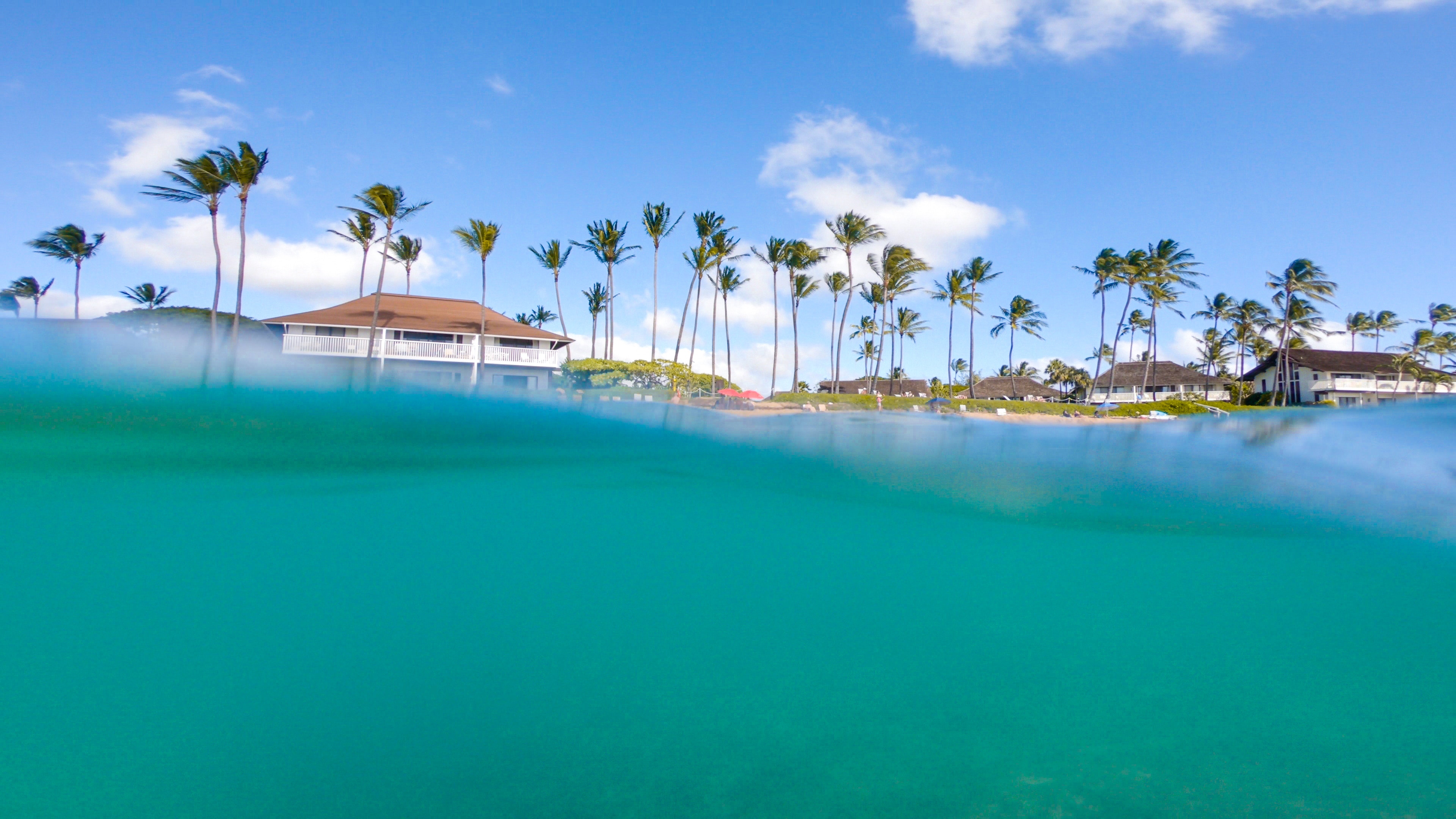---------------
WHAT IS A HURRICANE?
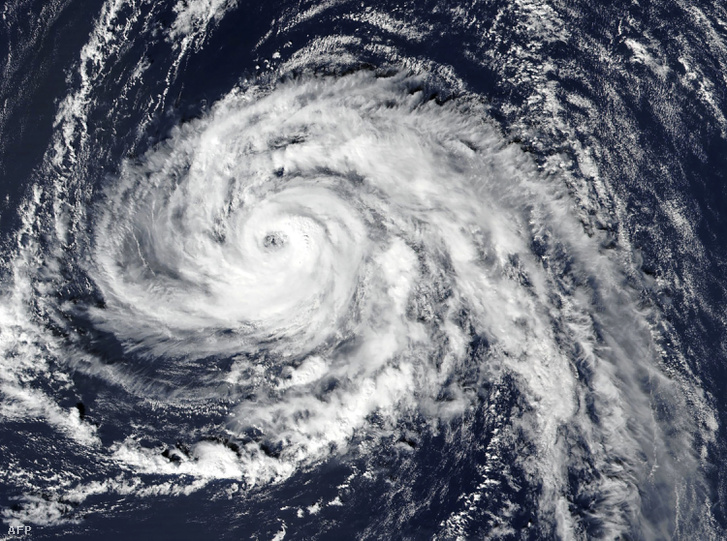
A hurricane is identified and graded based upon its sustained wind speed according to the Saffir-Simpson Hurricane Wind Scale. Such storms can cause high winds, rainfall, flooding, rip currents, and tornadoes. Even if a storm does not rise to a hurricane, its force may still qualify as a tropical storm or tropical depression, which can also pose significant risks to boats.
---------------
WHERE DO HURRICANES OCCUR?

Many areas throughout the United States are affected by hurricanes, often leading to extensive rain, winds, and coastal storm surges. Affected areas include coastal Atlantic, Gulf of Mexico, and Hawaii. The Caribbean and Central America are also prone to them. Further inland, it is also possible to experience some of the effects.
---------------
WHEN IS HURRICANE SEASON?
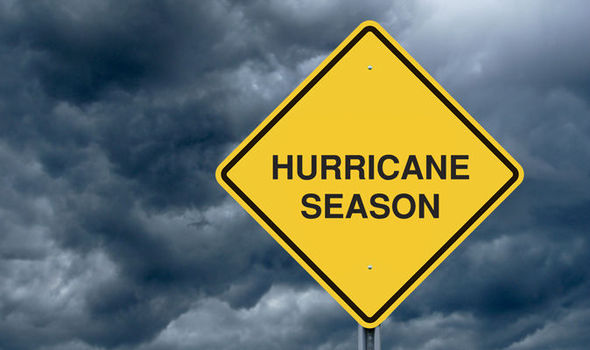
Hurricane season is from June 1st to November 1st, often peaking from August through October.
---------------
HURRICANE PREPAREDNESS TIPS
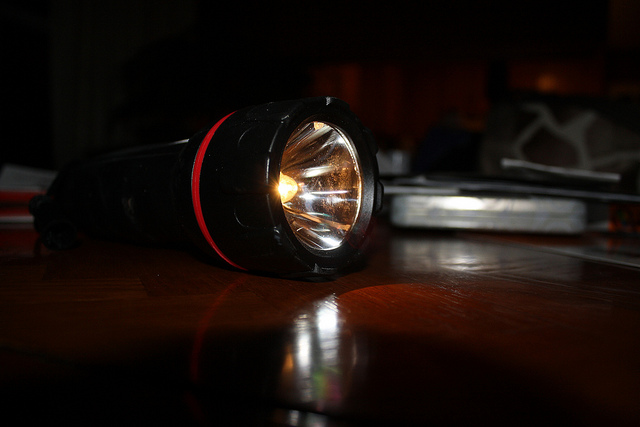
Before securing your boat from a hurricane you must make sure your home and family are safe. We have rounded up some basic, but vital steps to prepare yourself, your family, and your home for a hurricane. Please find them below:
- Register for your community’s alert system. This is a simple and effective way to ensure quick notice of a hurricane watch or warning via text or email.
- Prepare a disaster supply kit with the supplies you’ll need if you lose power and did not need to evacuate.
- If you are advised to evacuate, know where to go and how to get there. Local evacuation routes will be available from your local emergency management agency.
- Create an emergency communication plan for your household.
- Trim the trees around your home before the start of hurricane season.
- Secure all water pipes throughout your property to prevent water damage.
- Purchase a portable generator.
---------------
HURRICANE WATCH VERSUS HURRICANE WARNING
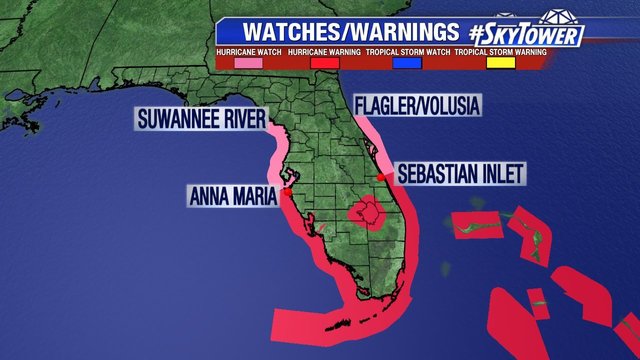
A hurricane watch refers to possible conditions occurring within the next 48 hours, while a hurricane warning refers to conditions occurring within 36 hours.
During a hurricane watch, you should continue to listen to local officials and monitor local news for the status of the storm. Check your supply kit to ensure it contains all the necessary materials. Following a hurricane warning, check any evacuation orders, and follow them accordingly.
---------------
BOAT INSURANCE FOR HURRICANE-PRONE AREAS
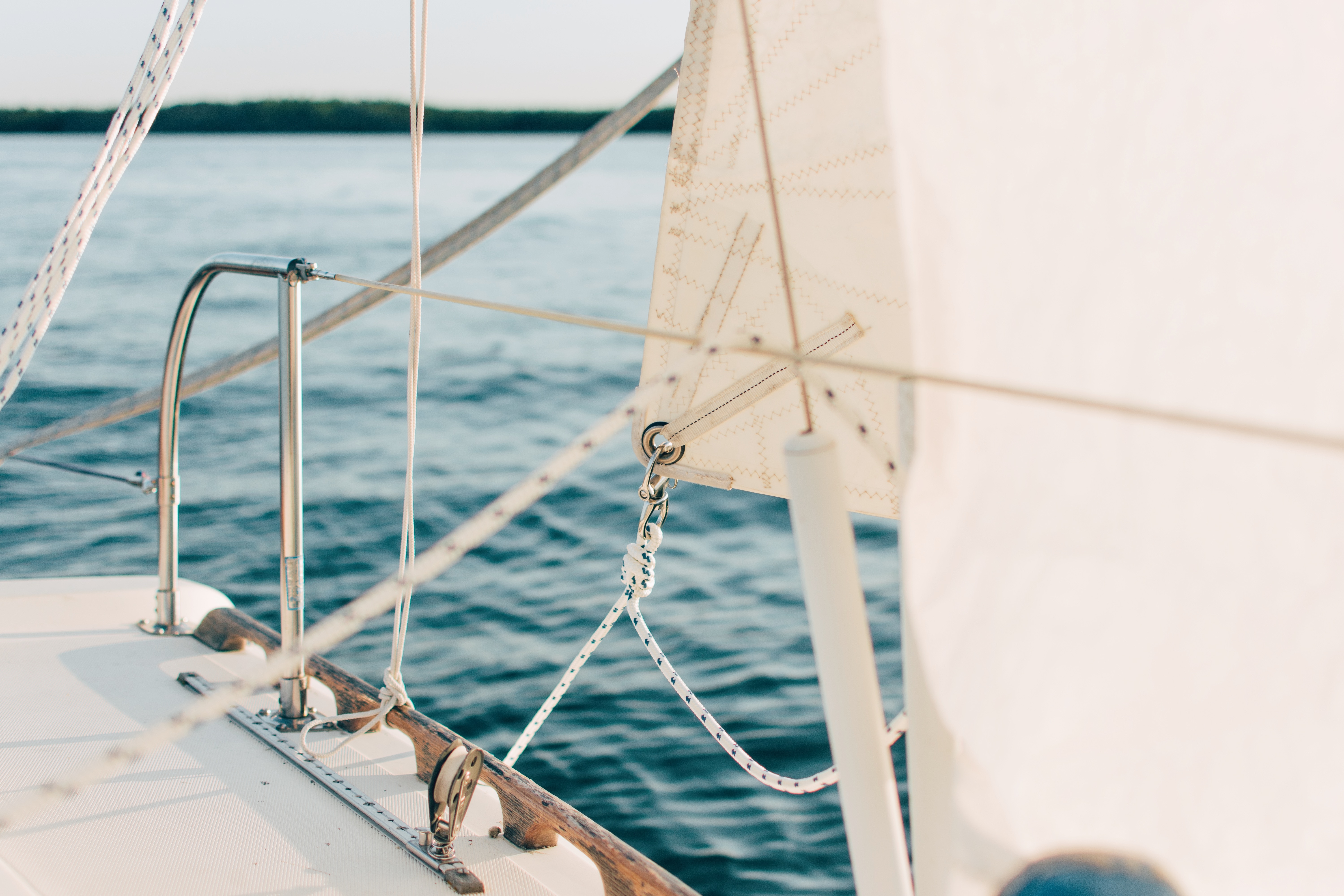
If you are in a hurricane-prone area, it is important to protect your watercraft with boat insurance that provides for storm and flood coverage in case of a natural disaster, just as you would protect your home with homeowner's insurance. Contact our boating specialists today to obtain a quote for your watercraft or to review your policy and coverage options.
---------------
THE NATIONAL WEATHER SERVICE DAILY TIPS
The National Weather Service has designated May 6th- 12th as Hurricane Preparedness Week. Each day has a theme that helps you prepare for a potential hurricane. We’ve compiled some tips and ideas for preparing your boat for a hurricane during this important week. Follow along below to see what you can do each day to prepare your boat for hurricane season!
Sunday, May 6th - Determine Your Safe Harbor and Risks
Today is all about understanding what kind of hazards your boat may be subject to. Whether dry docked at a marina or on a lift behind a home impacts your preparation and approach. The location of your boat may make it more or less susceptible to a potential storm surge and flooding or wind.
Monday, May 7th – Document a Storage Plan
If you have arranged to store or haul your boat in the event of a storm, use this day to verify those plans and identify other actions you should take in advance of a storm. If kept afloat, secure with extra lines and fenders to help protect your boat in the event of a storm. You should consider hauling your boat out to more secure storage at a marina or storage facility and take any extra precautions as needed. Your insurance will usually contribute to the cost of hauling your boat out and relaunching it after the windstorm has passed.
Tuesday, May 8th – Assemble Storage Supplies and Checklist
Every prudent mariner should organize his or her supplies before hurricane season. Now is the time to make sure you have extra lines to secure your boat, fenders, and any other materials that will be necessary aboard the boat in advance of a storm. If your boat is trailered, confirm that all equipment is operational and accessible.
Wednesday, May 9th – Check Your Insurance
Call your insurance company to verify that you are protected and familiar with the terms of your coverage before a storm hits. If you haven’t yet insured your boat,do so today!
Thursday, May 10th – Examine Boat Contents
By now you’ve made plans for securing your boat during a hurricane, but you should also take stock of all unattached property aboard the boat. Identify anything that should be removed, tied down or otherwise accounted for in advance of a storm and obtain the necessary supplies. Flooding and wind can also damage the inside of your boat!
Friday, May 11th – Help Your Neighbor
Help your neighbors prepare for hurricane season as well. Share your protection plans with each other in case either of you have overlooked anything. We can’t all think of everything, so it is always smart to trade tips with a fellow boater.
Saturday, May 12th – Complete a Written Plan
Now that you’ve made it through the week, considered every possible hazard, and arranged for every precaution in the event of a storm there is only one thing left to do – write it all down! Having a written plan for everyone in the household will help immensely with organization and communication. This way everyone will be prepared for the next storm! For more on hurricane preparedness visit The National Weather Service.
Sunday, May 13th through Summer and Fall
Enjoy your time on the water with your family and friends!